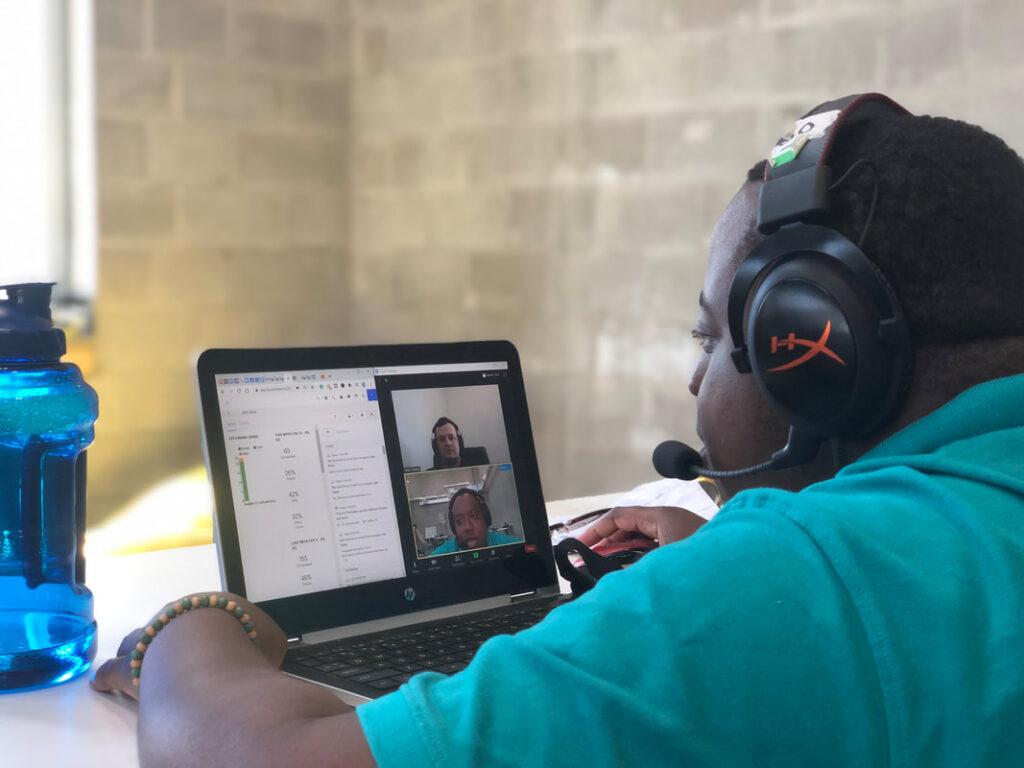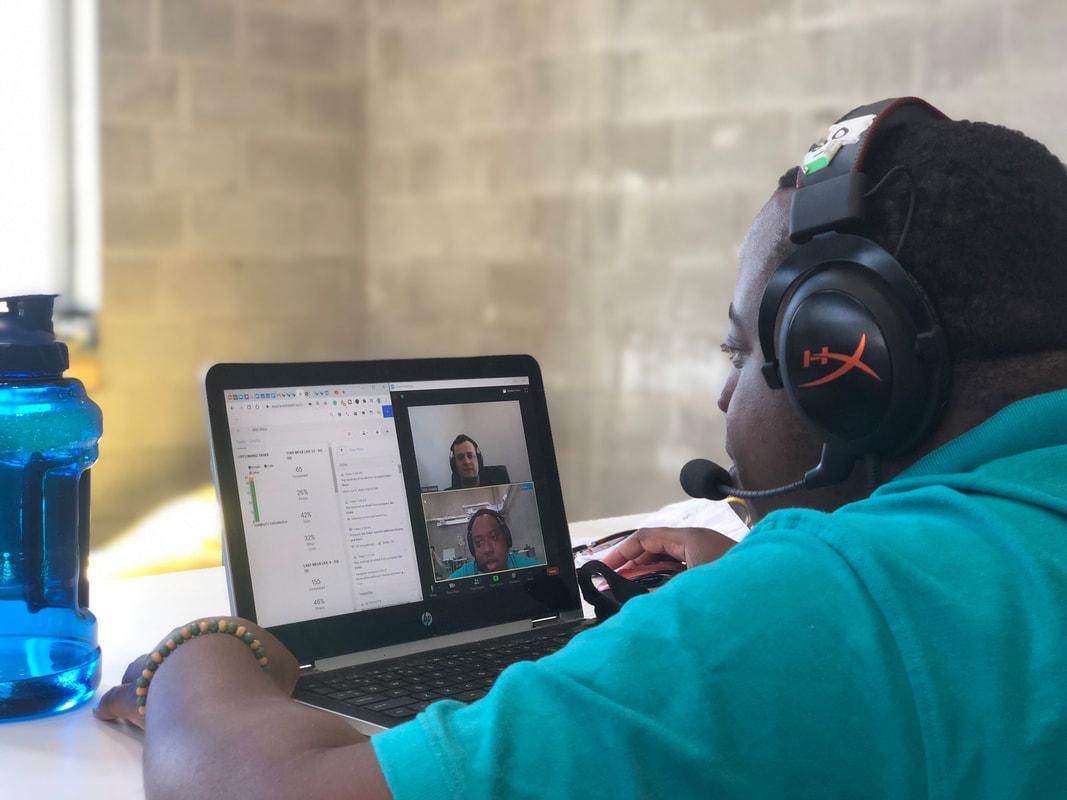
Remote relationships are at the core of Bandalier’s business. Where folks are skeptical of using outsourced inside sales teams, it’s often because they want the experience of working “across the room” from their team. Of course, these days in many parts of the world that is impossible regardless of whether you’re working with an in-house team or a vendor.
But as a result of the need to forge close relationships between our team members and the clients they work with, we’ve spent three years hypothesizing, testing, and then re-assessing different methods to forge successful relationships when working remotely. Here are three learnings:
- Start with the right people. Working remotely requires a great deal of self-motivation. The interview process for our outsourced sales teams relies on behavioral questions that tease out past cases where candidates may have felt demotivated and had to take steps to bounce back. This category of questions has historically been among the most predictive of success in our inside sales roles – and is especially important now. When you don’t have a gong ringing in the background or a boss right next to you to congratulate you for success, that inner sense of accomplishment matters a great deal.
- Context matters. Many people view outsourced vendors, or even their own employees, as mercenaries tasked with completing a specific task within their organization – and nothing more. That mentality might work OK when you have a temporary, one-off project. But when you’re building an ongoing relationship with a team you intend to work with for some time – say, an outsourced inside sales team that you view as a critical sales engine for your business – it’s helpful to provide context behind why they’re doing what they’re doing and how it fits into the larger picture. Many of our most successful clients include our teams in regular strategy and messaging meetings.
- Regular, live check-ins. There are plenty of reasons to avoid live communication – especially in the days of Zoom fatigue. Everyone is busy these days, and it’s a lot shorter to check in via e-mail or Slack than it is to have a synchronous conversation. But there is simply no substitute for live conversation for relationship building; daily or weekly stand-ups help build rapport and foster long-term success. Over the course of the last few months, we’ve explored new ways to foster these, including walking meetings, which allow participants to catch up while getting some much needed exercise.














